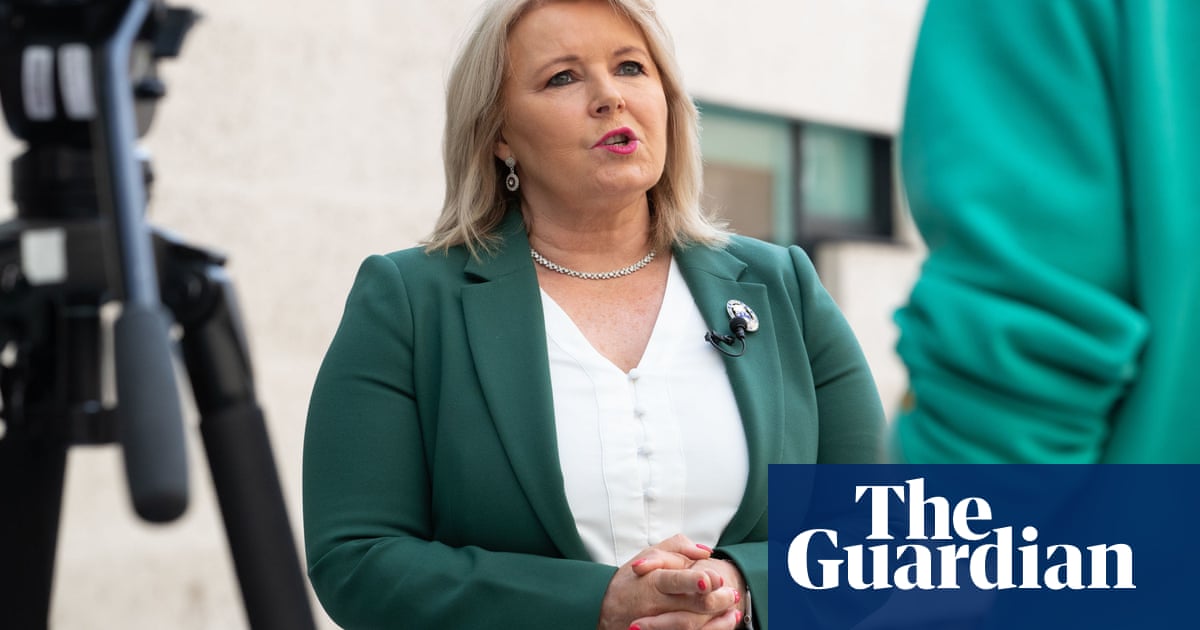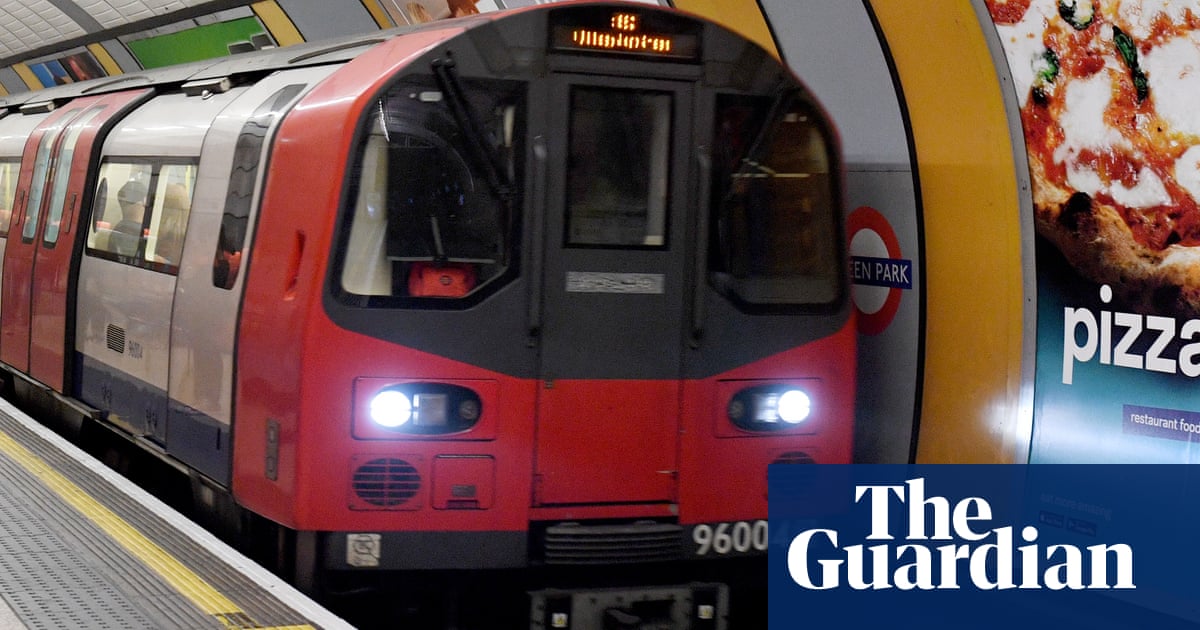
The Royal College of Nursing has clashed with the government over whether sufficient exemptions have been made to protect patient safety during the nurses’ strike in England that started on Sunday evening.
The clash came as a row erupted between the leader of the train drivers’ union and the transport secretary, who had criticised a planned strike on the eve of the Eurovision song contest final for its impact on Ukraine.
The general secretary of the RCN, Pat Cullen, said nurses had worked “tirelessly” to make sure their strike would be as safe as possible for patients and that there were national exemptions in place for “those really acute urgent services”.
She took issue with the transport secretary, Mark Harper, who claimed that there were no nationally agreed derogations to stop the strike endangering patients.
Cullen told Sky’s Sophy Ridge on Sunday: “There are national exemptions in place for a range of services, for emergency departments, for intensive care units, for neonatal units, paediatric intensive care units, those really acute urgent services.
“We have put national exemptions in place; we’ve worked tirelessly with NHS England.”
A series of derogations have been now been agreed to protect care in some areas, after Great Ormond Street hospital was among organisations to voice “serious concerns” about patient safety during the stoppage.
However, Harper said it “clearly does put patients at risk” that there were no nationally agreed exemptions across the board.
The RCN initially resisted derogations, but its website now says that although there will be “no wide-ranging derogations”, there are safety-critical mitigations allowing staff “to preserve life-and-limb” care in emergency departments and intensive care units.
The RCN will hold industrial action from 8pm on Sunday until 11.59pm on Monday after members voted in a ballot to reject the latest government offer. The pay deal included a 5% pay rise for this year and a cash payment for last year.
Steve Barclay, the health secretary, may now move to impose the pay deal as the bulk of 12 unions involved in negotiations are ready to accept the offer, with the RCN and Unite both holding out.
Harper urged the RCN to accept the pay offer for its members, even though it was rejected by the union’s nurses when put to a ballot.
“I would urge them to think again and to do what the other trade unions in the health service have done, which is to accept what I think is a fair and reasonable pay offer, reflecting the value that we do place on hardworking NHS staff,” he told the same programme.
Keir Starmer, the Labour leader, said he did “not want to see strikes go ahead”, suggesting he would seek further negotiation with the RCN. “The way to avoid strikes is to get in the room with the nurses and resolve these issues,” he said.
The strike was due to last two days, but a high court judge ruled on Thursday it would be unlawful for the RCN strike to continue into Tuesday as originally planned because its mandate for industrial action will have expired.
Meanwhile, the disputes that led to train strikes had appeared close to a resolution in recent weeks but RMT members are now due to strike again on 13 May after the union rejected the latest pay deal from operators.
The RMT said the Rail Delivery Group, which represents the train operators, had “torpedoed” pay talks.
Harper said a “fair and reasonable pay offer” had been made, and accused the RMT transport union of “cynically targeting the Eurovision song contest” by calling strikes on the day of the final.
He said on Sky he would have thought rail workers would want to stand in solidarity with their counterparts in Ukraine, where the Eurovision final was due to be hosted before it was switched to Liverpool because of the invasion by Russia.
Mick Whelan, general secretary of Aslef, said Harper’s accusation was “bizarre”, implying that the union was not standing in solidarity with Ukraine.
He said: “Of all the accusations I have ever heard, this really is the most ridiculous. He claims we are not standing in solidarity with Ukraine when he knows – or should know – that we have stood in solidarity with the people of that country much longer than he has.
“I have been to Ukraine – I was there as the Russian tanks invaded – and Aslef’s assistant general secretary, Simon Weller, has been there to talk to rail workers when the Russian bombs were falling. Mr Harper hasn’t – and we are members of the Ukraine Solidarity Campaign. Mr Harper isn’t.
“So I am not going to take any lessons in solidarity from a Tory cabinet minister who doesn’t understand what he is talking about.”
NHS England has urged the public to use the health service wisely during the stoppage but to still call 999 in an emergency. It said emergency and urgent care would remain the priority, with people asked to use other services, such as pharmacies and 111 where possible.
The chief nursing officer for England, Ruth May, said “positive discussions” with the RCN this weekend had resulted in a “number of national agreements to ensure staff are able to provide direct patient care needed to protect life-and-limb services, covering neonatal ICU, paediatric ICU, intensive care and emergency departments”.
“We are grateful to the RCN for agreeing a process of safety-critical mitigations and we continue to support all nurses, those who work and those who take industrial action,” she said.
“These mitigations do not represent a return to standard staffing. The industrial action will still have a very significant impact on services during the strike period and patients can expect to see longer waits for care.”












